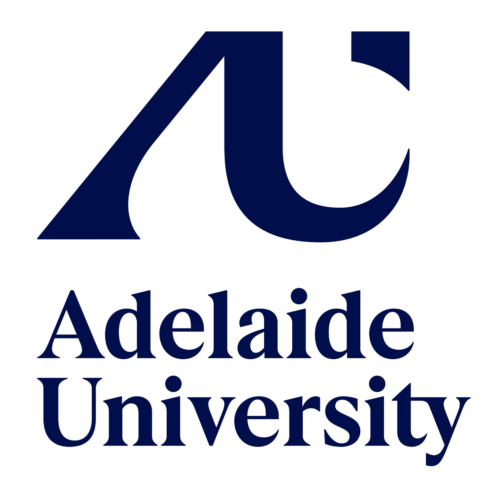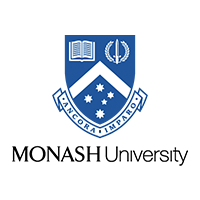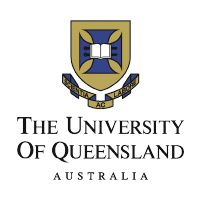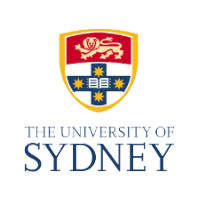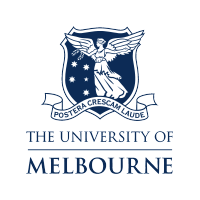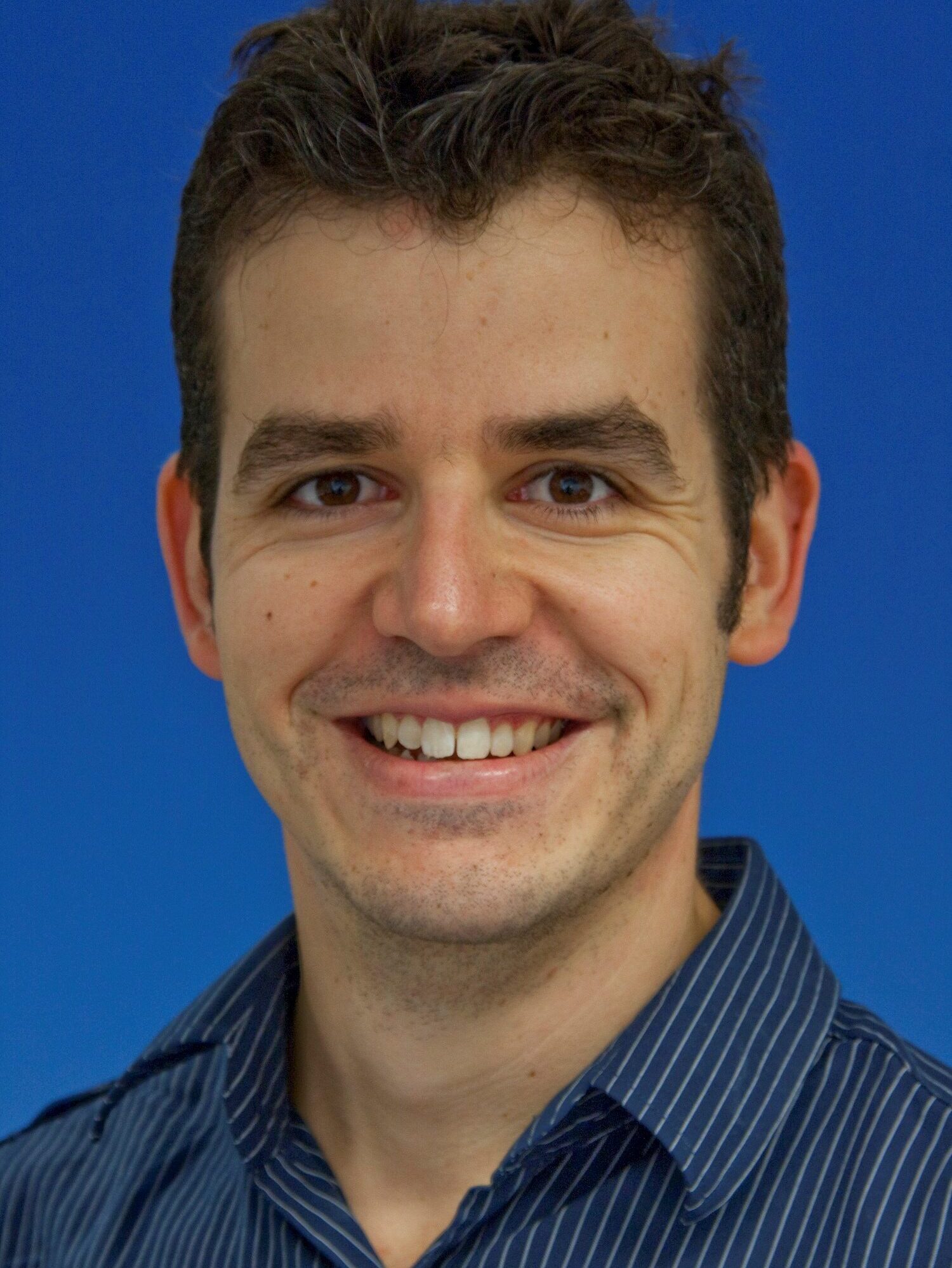 Paul Sanfilippo
Biostatistician, Monash Addiction Research Centre
Paul Sanfilippo
Biostatistician, Monash Addiction Research Centre
Master of Biostatistics, University of Melbourne and BCA Star Graduate 2019
I have always had an interest in data analytics but my Ph.D. really made me aware that with all the analyses I was doing I didn’t a have a good understanding of what was going on ‘under the hood. So I decided to change that and undertook the BCA Masters (one subject a semester over 6 years due to other work and family commitments). If you have an interest in maths/stats this is a great course and I found it extremely rewarding on both a personal and professional level. While I have always enjoyed the research I have now successfully made the transition to biostatistics and am currently working as a biostatistician in an academic department.
I often think of the quote credited to Karl Pearson (a British mathematician and arguably the father of modern statistics):
“Statistics is the grammar of science”
As grammar in language ensures clarity in communication, so too does statistics to ensure clarity in not only our research but also our thinking, and more broadly to explaining what goes on in the world around us.
I can thoroughly recommend this course
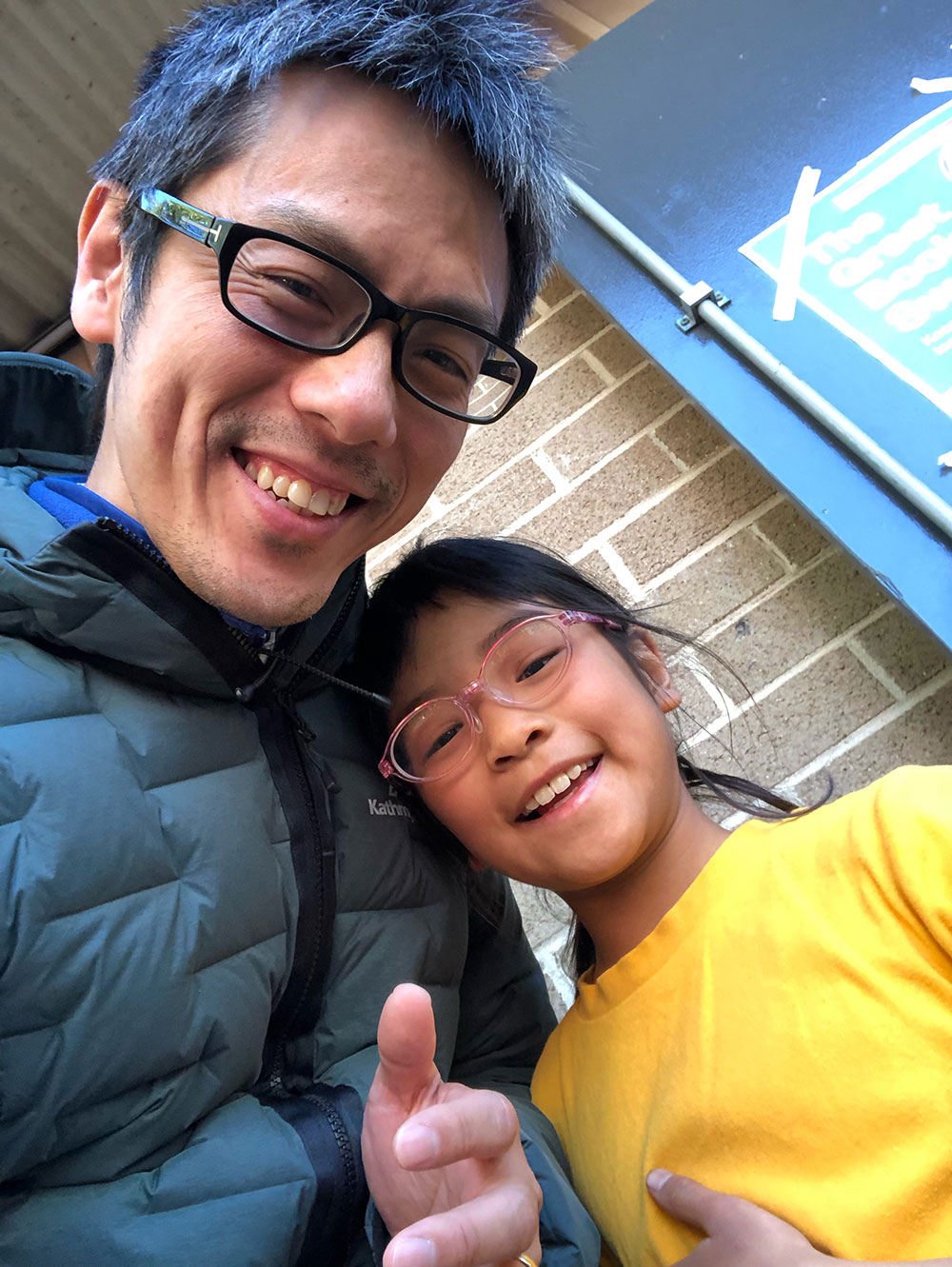 Andy Wang
Cardiac anaesthetist & medical perfusionist, Royal Prince Alfred Hospital, Sydney and Clinical Senior Lecturer, Sydney Medical School (Northern)
Andy Wang
Cardiac anaesthetist & medical perfusionist, Royal Prince Alfred Hospital, Sydney and Clinical Senior Lecturer, Sydney Medical School (Northern)
Master of Biostatistics, University of Sydney 2019
It’s exciting to have completed this! I must say this is the most rewarding and best postgraduate course I have taken so far!
I am getting my daughter to take it in a few years time 🙂
Highly recommended!
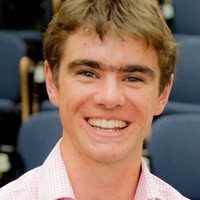 Nathanael Lucas
Paediatric Registrar, Christchurch Hospital
Nathanael Lucas
Paediatric Registrar, Christchurch Hospital
Master of Biostatistics, University of Adelaide 2019
The BCA Masters of Biostatistics has been a highlight of my academic career, the course was intellectually stimulating, challenging but also rewarding. I went into the degree anticipating on learning skills to help me become a better clinician researcher but I learnt so much more. I now have wide ranging skills from biostatistical programming, to writing randomised controlled trials and so much more. I would recommend the BCA programme for anyone wanting to explore the Biostatistical world.
 Kha Vo
Lead Biostatistician, Bureau of Health Information, NSW Health
Kha Vo
Lead Biostatistician, Bureau of Health Information, NSW Health
Master of Biostatistics, University of Sydney 2019
Prof Heller was my very first statistics teacher while I was doing my undergraduate degree at Macquarie University. At that very moment in life, I was uncertain where my career would take me. However, I still found the love for statistics and decided to apply for statistician jobs after graduation. My first job was a statistician at the Research Centre for Gender, Health and Ageing at University of Newcastle. I was beyond happy when I got the job and finally started working as a statistician. My supervisor then recommended the BCA program to me. She said it was this program that helped her a lot and she believed it would do the same for me. So I started BCA in 2012. I was working full-time as well and found it very difficult to have time to study part-time, even with two subjects. However, it was very worth it. I enjoyed every single subject I have done from BCA. The teachers were always kind and very knowledgable. My favourite subject was LCD, which I applied a great deal of knowledge from this course to my previous jobs and also my current job. I felt doing BCA was one of the most challenging yet rewarding experience in my life.
I will now go on to the next steps in my statistics career, and will continue to learn and to grow. BCA has been a great experience and I thank each and every one at BCA for making this program one of the best statistics programs in Australia.
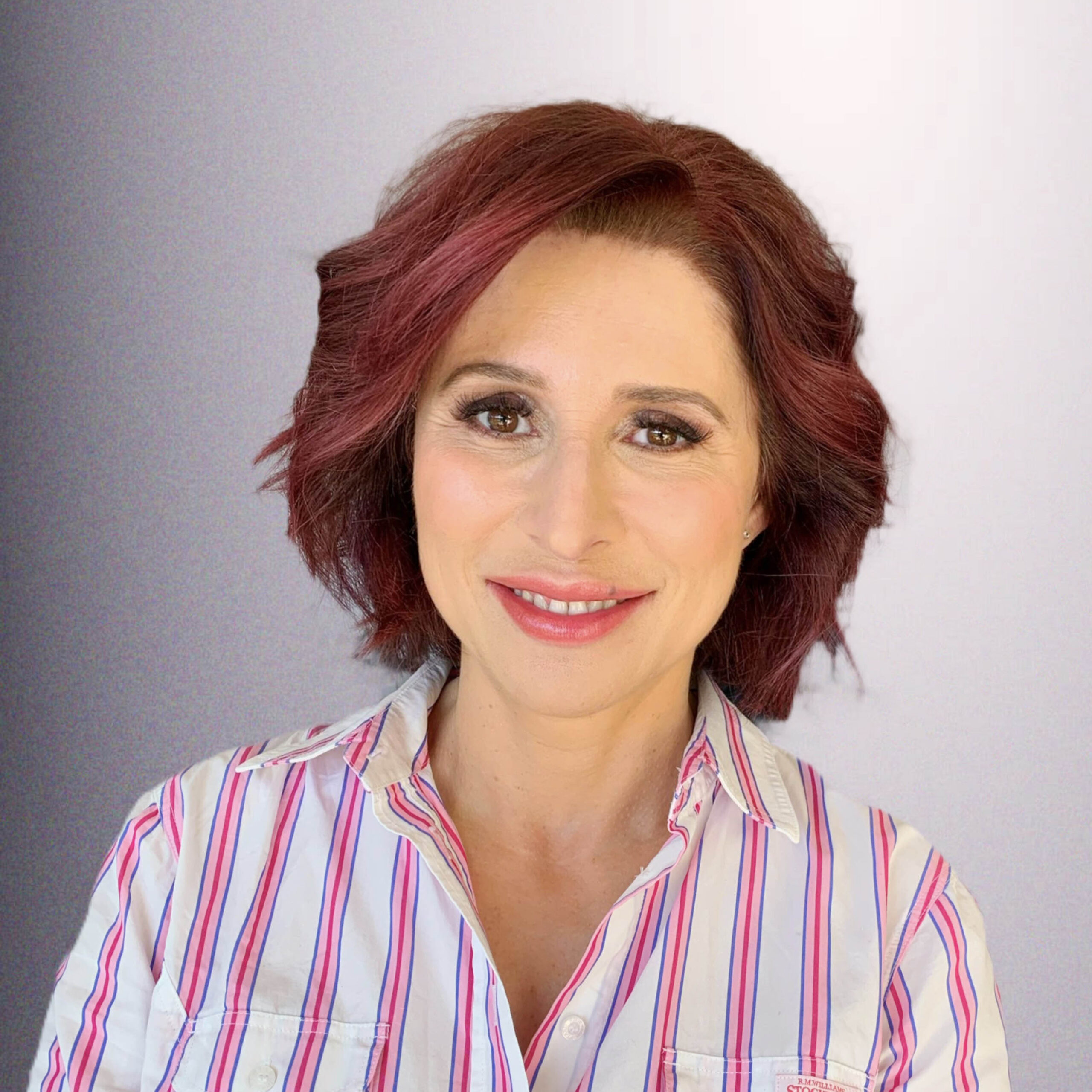 Gabriella Lincoln
Lincoln, Kassler and Associates Statistical Consultancy
Gabriella Lincoln
Lincoln, Kassler and Associates Statistical Consultancy
Master of Biostatistics, University of Adelaide 2019
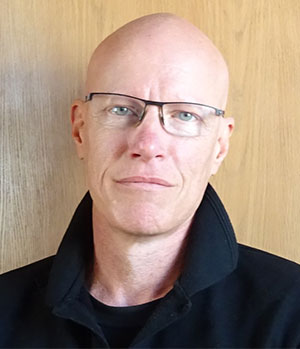 Paul Byrne
Senior Software Engineer, VMWare Australia Ltd
Paul Byrne
Senior Software Engineer, VMWare Australia Ltd
Master of Biostatistics, University of Sydney and BCA Star Graduate 2018
I embarked upon the BCA Masters degree with dual ambitions – to build an understanding of statistical modelling that I could apply in my professional role as a software engineer, and to be able to perform appropriate biostatistical analysis on a more occasional basis to support various medical research projects that my wife and some of her colleagues are engaged in. I found the course to be well-structured, progressing from theoretical to practical understanding in a manner that worked very well for me. The variety of electives is broad and provides an opportunity for pursuing various specialised methods of analysis.
I am very pleased to be able to say that both goals are well in hand. The coursework that I have performed in the course of my studies has provided a solid foundation for me to work as a data scientist, and as a basis for additional education that I have undertaken in machine learning and other related topics. Furthermore, I have performed analysis on a couple of medical datasets and am commencing work on a third, each of which has potential publication.
I am delighted with my decision to enrol in this course and recommend it to anyone who has a professional or personal interest in the field.
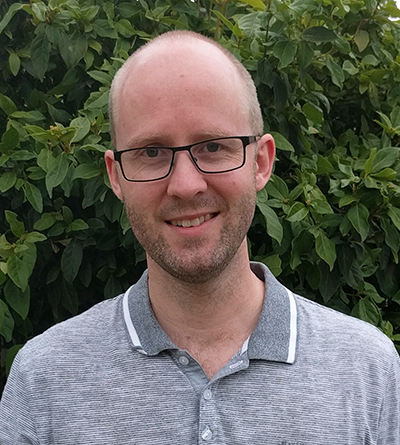 Tom Sullivan
Senior Biostatistician, Healthy Mothers Babies & Children, South Australian Health & Medical Research Institute
Tom Sullivan
Senior Biostatistician, Healthy Mothers Babies & Children, South Australian Health & Medical Research Institute
Master of Biostatistics, University of Adelaide and BCA Star Graduate 2018
I started my BCA studies while working as a consulting biostatistician at the University of Adelaide. Although I’d completed an undergraduate degree in mathematical statistics, I was keen to learn more about biostatistics and to consolidate some of my earlier learning. I found all the subjects in the program to be really stimulating, with many of the materials being directly applicable to the problems I was facing in my day to day work. It was also great to learn from some of the leading biostatisticians in Australia.
Having finished my Masters of Biostatistics (and a PhD in statistics around the same time), I am now working as a research biostatistician at the South Australian Health & Medical Research Institute, where I help out on randomised trials and spend some time researching statistical methods (for handling missing data mostly). I think biostatistics is a great career to be in, and it’s something that will always be in demand with the world becoming more and more data-driven.
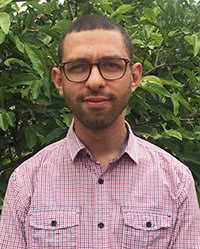 Joe Hanna
Senior Biostatistician, NSW Ministry of Health
Joe Hanna
Senior Biostatistician, NSW Ministry of Health
Master of Biostatistics, University of Sydney 2018
I started the Master of Biostatistics program as part of the NSW Biostatistics Training Program after my undergraduate studies in statistics and some experience as a statistician at the Hunter Medical Research Institute based at Newcastle.
I found the program to be very useful especially when undergoing training with NSW Health and being able to apply the concepts simultaneously while studying. The units offered were very practically oriented whilst also giving the theoretical context supporting the methods. There were many units offered in specialised areas of biostatistics such as survey methodology and correlated data which are interesting and currently needed in professional practice.
Following the program I am now employed as a Senior Biostatistician with NSW Health. My role is focussed on using statistical models to appropriately plan specialised hospital services offered at a state level.
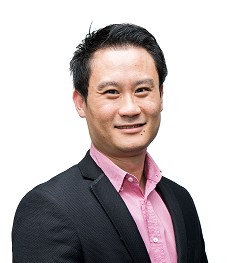 Edwin Lim
Senior Research Fellow, Macquarie University, Faculty of Medicine and Health Sciences
Edwin Lim
Senior Research Fellow, Macquarie University, Faculty of Medicine and Health Sciences
Master of Biostatistics, University of Sydney 2017
It was through A/Prof Ayse Bilgin from Macquarie University that I realised the way I had been analysing my clinical data had only really scratched the surface in the biostatistics field. It was then that I decided to undertake the BCA Masters degree and embark on a journey that would help me make sense of the numbers in my datasets and transition into the “big data” era of multi-omics research.
It was a very tough journey being a full time academic and a part-time student. It was intimidating to face a program that is mathematically challenging at first for a biologist, but the program was structured in a logical way that was incremental and easy to follow. All the subjects had excellent content that was relevant to my research work, and the engagement with the course convenors and online students was great. BCA had instilled in me a solid approach to biostatistics.
Now, in addition to applying this biostatistics knowledge to my research, I am helping my colleagues with their statistics problems and bridging the biostatistics knowledge gap in my department. I was even approached by my department to design a new undergrad unit on biostats in medical research, providing me with new career opportunities. Since completion of the BCA, I have dived further into learning about data science such as machine learning. –“the learning never ends.”
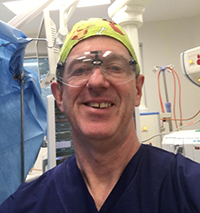 Richard Hiscock
Anaesthetist, Mercy Hospital for Women; Honorary Research Fellow, Department of Obstetrics and Gynaecology, University of Melbourne
Richard Hiscock
Anaesthetist, Mercy Hospital for Women; Honorary Research Fellow, Department of Obstetrics and Gynaecology, University of Melbourne
Master of Biostatistics, University of Melbourne and BCA Star Graduate 2017
It’s a great course and has left me with a firm foundation to build upon.
I have been recommending it to anyone who will listen!
